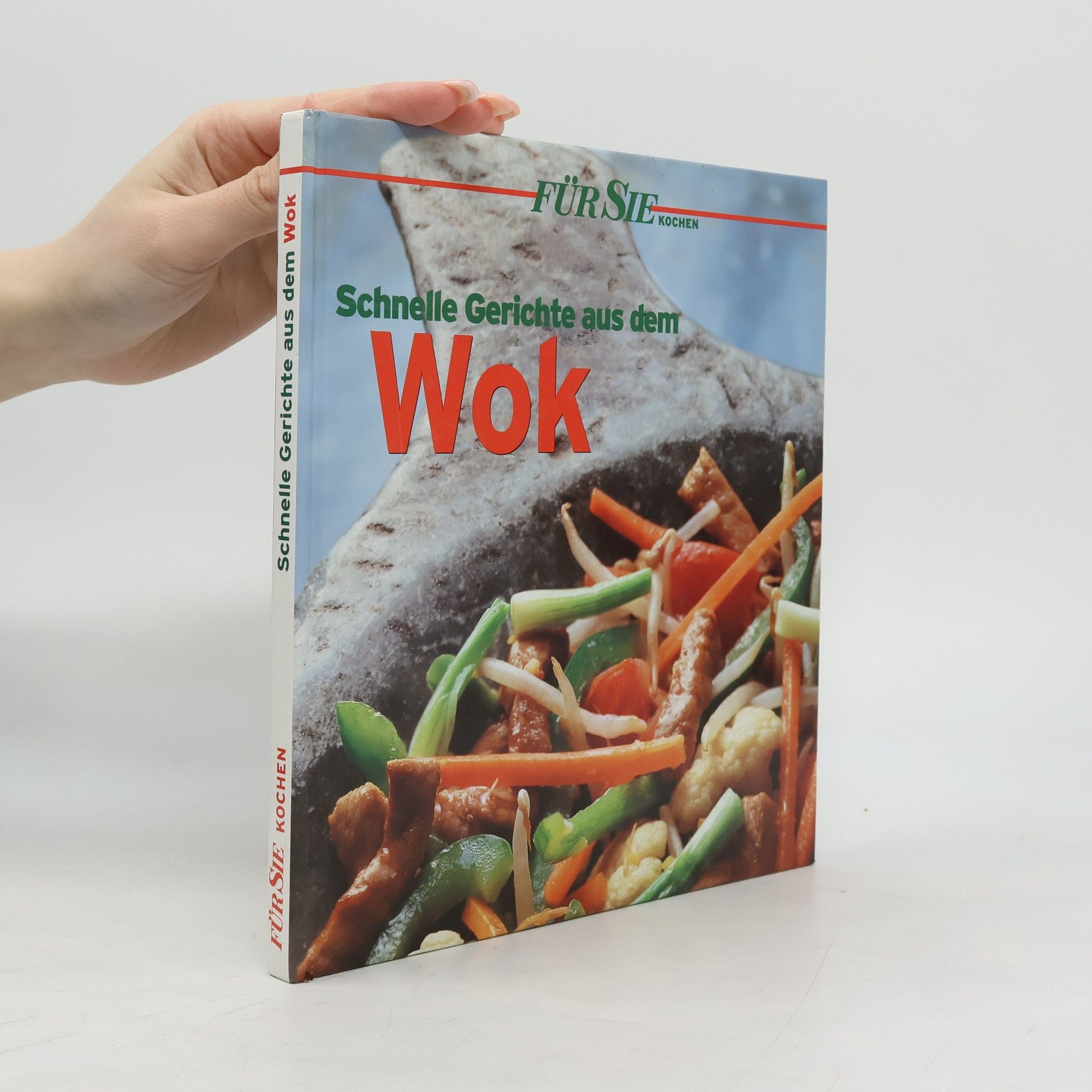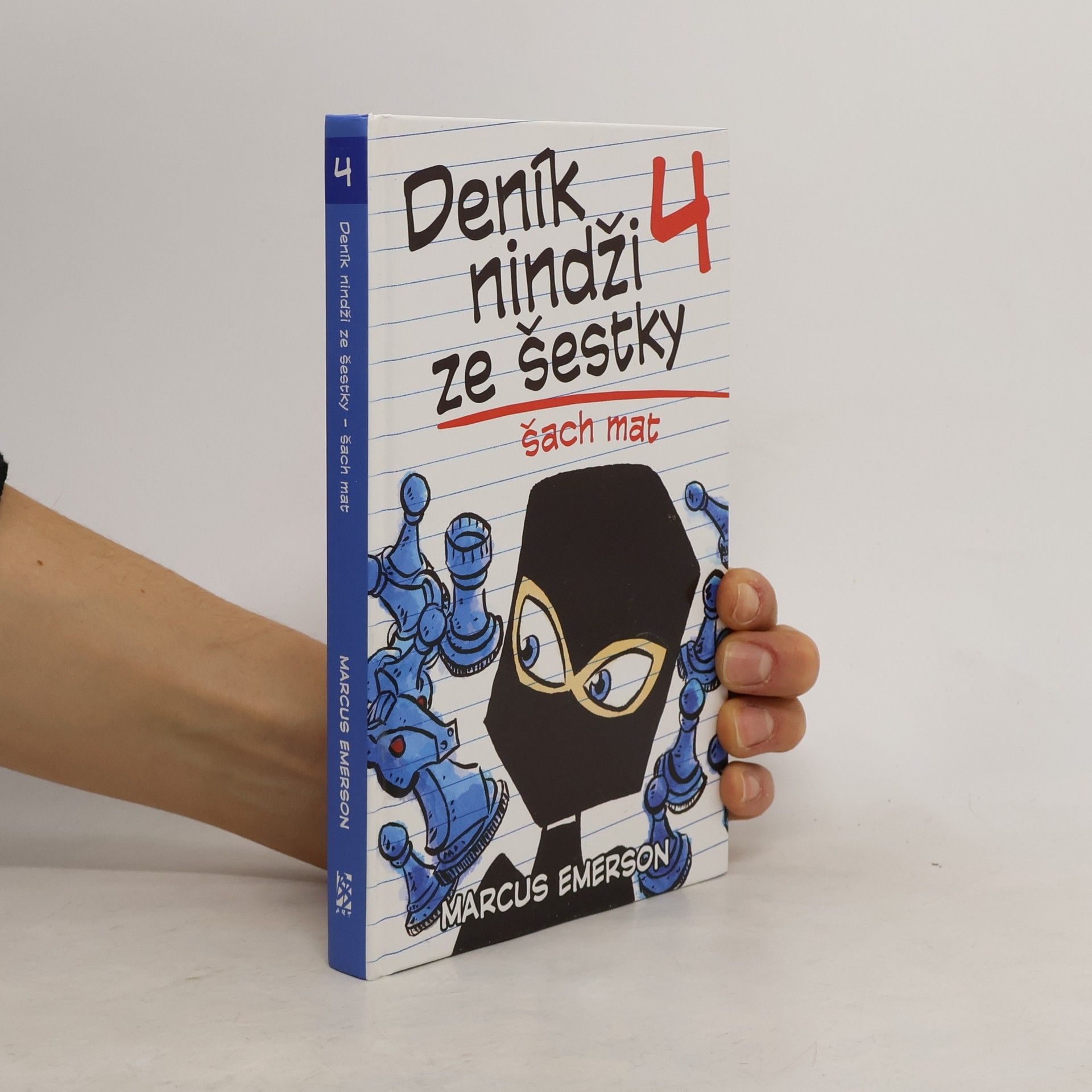Interesting New Facts. Well Researched Text. Good Pictorial Coverage.
David-Lee Tessmer Boeken






The Colony of Delaware
- 24bladzijden
- 1 uur lezen
Describes Delaware's origins and colonization, discussing notable figures and events during its time as a colony
Focusing on Universal Basic Income, this comprehensive guide examines its historical origins and explores both the potential benefits and challenges it presents. It provides valuable insights aimed at policymakers and society, encouraging informed discussions about the implications of UBI in modern economies.
Is Your Boss Making You Sick?
The 8 E's of Equilibrium to Master Work-Life Balance
- 230bladzijden
- 9 uur lezen
Focusing on the integration of mind and body principles, this guide provides a practical framework to enhance daily life and achieve balance beyond work. It introduces the 8 E's of Equilibrium, offering actionable lessons for personal growth and fulfillment. With insights drawn from renowned thinkers, readers will find valuable quotes and wisdom relevant to modern challenges. This transformative approach encourages individuals to maximize their leisure time, turning it into meaningful experiences that promote well-being and longevity.
i follow your rules
- 166bladzijden
- 6 uur lezen
A journey of faith and self-discovery unfolds as Bella returns to Miller's Creek, a place filled with painful memories she had vowed never to revisit. Despite her belief in divine guidance toward freedom, she grapples with the challenges of confronting her troubled past and the judgment of those around her. As she navigates the complexities of her history, Bella seeks to understand the purpose behind her return and find a path to healing amidst the criticism of her former life.
John Curtin
- 130bladzijden
- 5 uur lezen
John Curtin, often hailed as Australia's greatest prime minister, triumphed over personal struggles and political challenges to lead the Labor Party to victory. After narrowly securing the leadership in 1935, he united the party following significant losses in previous elections. As a wartime Leader of the Opposition, Curtin played a crucial role in establishing an Advisory War Council, facilitating collaboration between the Coalition and Labor governments amidst a divided House of Representatives, ultimately positioning the party for future success.
Sugar Boo
- 160bladzijden
- 6 uur lezen
Sang Sorenson's recent absences from Ashley Waters have led to her suspension, disrupting her academic life and raising concerns among school officials. Once a top student, she now struggles in silence while trying to maintain the secrets that threaten her future. As her friends—Kota, Victor, Silas, Nathan, Gabriel, Luke, and North—rally to protect her, the pressure mounts, making her situation increasingly perilous. The tension between keeping secrets and seeking help creates a gripping narrative of friendship and resilience against overwhelming odds.
Deník nindži ze šestky. 4, Šach mat
- 160bladzijden
- 6 uur lezen
Jmenuju se Chase Cooper a tohle je můj čtvrtý deník nindži ze šestky. Od mého posledního zápisu uběhlo několik týdnů, ale na mojí škole nebývá klid dlouho. Blíží se vědecký veletrh a všichni makají jako o život, aby svoje projekty dokončili včas. Ale na začátku týdne projekty začínají mizet a najdou se později úplně zničené. A zmínil jsem se o tom anonymním pozvání, které jsem dostal a které mě poslalo na napínavé pátrání po zmizelých projektech? Teď je osud vědeckého veletrhu v mých rukách, zatímco se snažím udržet náskok před pachatelem…


